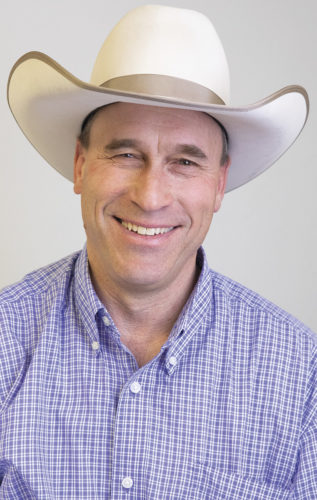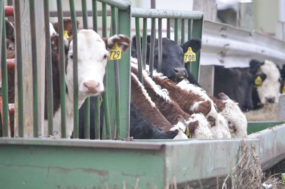“I don’t even have any good skills. You know, like nunchuk skills, bowhunting skills, computer hacking skills. Girls only want boyfriends who have great skills.” —Napoleon Dynamite
My home state is known worldwide for its contribution to feeding the world with its famous potatoes. Perhaps to a lesser extent, the torch of Idaho’s fame has been proudly carried into the pop culture lexicon by the ultra-low budget 2004 independent film, Napoleon Dynamite.
Set in the southeastern Idaho town of Preston, the plot revolves around the follies and fortunes of lovable loser Napoleon Dynamite and his transformation from his school’s most forgetful nobody into a hero with some real skills.
In more ways than I’d like to admit, I’m probably a lot like Napoleon. I won’t delve into all the similarities, but I too was a kid with little confidence in my skills. My dad always had the ability to belt out an extremely loud, shrill whistle. It wasn’t a cheater’s whistle, where he needed to stick his fingers in his mouth for full effect. It was the real deal, and it was loud. It was great for calling dogs, driving cows or getting my uncle’s attention from across the upper 40. I always figured it was a natural genetic gift, and that I’d effortlessly inherit the same ability. That turned out not to be the case.
I tried to get my dad to teach me, and he tried to get me to learn, but I couldn’t seem to develop the knack. “You’ll just have to keep practicing,” he’d tell me. “Maybe someday you’ll figure it out.”
Since it seemed to be my only option to acquire the skill, I practiced relentlessly. I practiced when I did my morning chores, feeding bottle calves and cleaning the milk barn. I’d practice as I walked behind the baler, spying on the unreliable knotter. I practiced as I’d roll bales closer to the hay wagon as my older cousins loaded. I practiced most diligently when we’d gather and move cows on the mountain.
For the longest time, success eluded me. I’m not talking a week or two. I’m talking years. But one day, magic finally happened. Strangely, despite all the wonderful and blessed moments in my life, the moment my whistle came is one of my most vivid memories. Though I don’t remember the date – I was probably about 10 years old – I can still see the place in my mind as though it was yesterday.
We were gathering and moving cows up a canyon on our allotment in the Uinta National Forest. I was following some cows through a dense grove of quakies, hollering with one breath and trying to whistle with the next. As is always the case when you’re pushing cows uphill through thick timber, it was a frustrating ordeal, made all the more frustrating because I couldn’t whistle and it was before I really developed my cussing habit. As I took a deep breath for what I figured would be another futile whistle try, my tongue lined up just so with my semi-crooked teeth and out came the sharpest, shrillest sound my ears had ever heard. I tried again – same perfect result. I tried a third time – success again. And so it has been for the past too-many decades.
Since that day, my whistle has never failed me. I’ve called many a meeting to order as I’ve eschewed the gavel for my faithful whistle. I can call my dogs from half-a-mile away. I’ve been known to gather my kids from a crowded fairground or massive city parking lot with one sharp breath. It’s my skill, and though I’m not sure it ever really helped me out with the girls, as Napoleon might suggest (it could easily backfire, if not used with extreme caution), it’s a skill I’m quite proud to possess.
The pride in my sometimes-obnoxious skill isn’t born out of the fame or adoration it may or may not have brought me, but from my acquaintance with the effort and perseverance that went into acquiring it. And even though I probably never thought of my whistle as I struggled through some of life’s genuinely dark and difficult hours, the small and mighty internal strengths that were germinated and forged in those hours in the fields and barns and hills of my childhood doubtlessly served as the fuel to the fires that saw me through.
So, I think the real value isn’t in having skills. The real value is in earning them.








